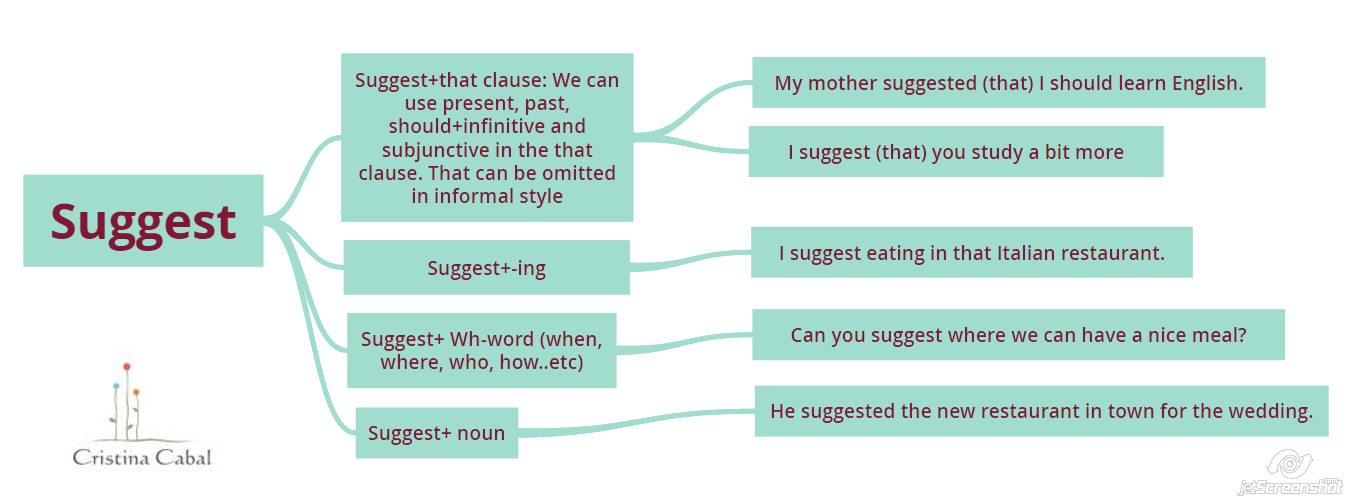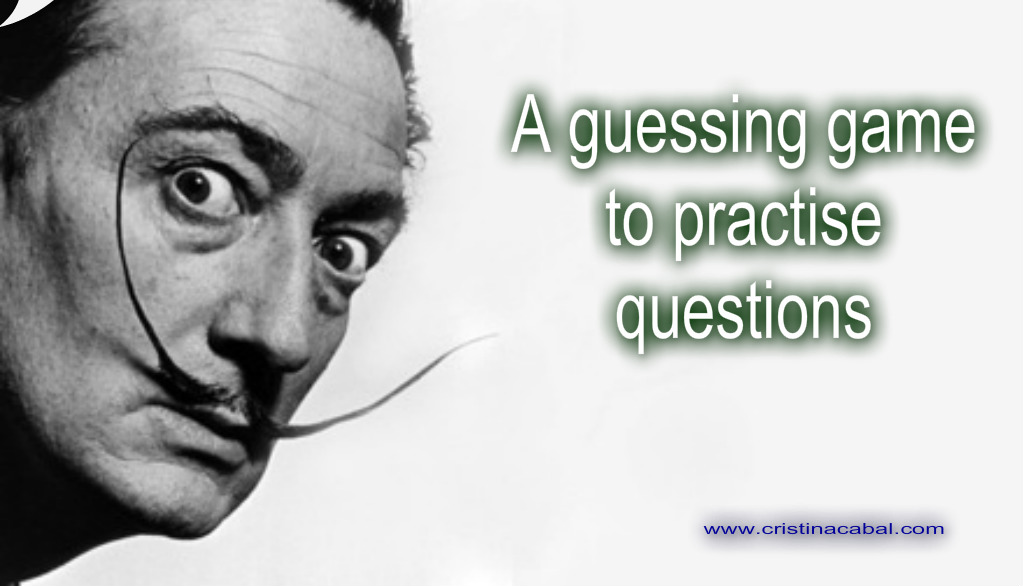Here are some considerations and tips about writing book reviews. I hope you find them useful.
- Difference between a book report and a book review.
- Getting started.
- Some tips.
- Useful language.
- Revising your review.
- The task.

1. DIFFERENCE BETWEEN A BOOK REPORT AND A BOOK REVIEW.
A book report contains facts. It includes information about the author, title, place and year of publication as well as a summary of the content of the book.
A book review, on the other hand, is much more personal. It contains the reader’s opinion and specific aspects of the book. The review will probably include factual information, but it is the reader’s personal opinion that is most important.
2. GETTING STARTED
How can I start? You have read your book. Your next step will be to organize what you are going to say about it. Writing the basic elements down in an outline format will help you to organize your thoughts.
How shall I organize the information? Normally a book review is divided into four parts: introduction, summary, opinion and conclusion.
- Introduction: In the introduction you give facts and background information about the book and its author. It should contain the book title, and the name of the author. Don’t forget to mention the book’s genre (such as mystery, fantasy, biography, essay, comedy or adventure).
- A main body: usually made up of two paragraphs.
In the first paragraph, give a concise outline of the plot and introduce the main characters, mentioning the setting (where and when the story takes place) and the overall theme of the book. Be careful not to re-tell the whole story in detail.
In the second paragraph you can give your opinion, including sentences about how you liked the book, which characters you liked and disliked and how the ending made you feel. You can also express what you felt was the best part of the story. Don’t be afraid to include negative points.
- Conclusion: It consists of the overall feelings and opinions on the story and whether or not you would encourage others to read it and why. No new information or ideas should be introduced in the conclusion.
3. SOME TIPS.
- Before you begin writing, make a few notes about the points you want to get across.
- Try to get the main theme of the book across in the beginning of your review. Your reader should know right away what he or she is getting into should they choose to read the book.
- Mention the name of the author and the book title in the first paragraph – there’s nothing more frustrating than reading a review of a great book but not knowing who wrote it and what the title is!
- Think about whether the book is part of a genre. Does the book fit into a type like mystery, adventure, or romance? What aspects of the genre does it use?
- When mentioning a character for the first time, don’t forget to use his/her full name.
- Make sure your review explains how you feel about the book and why, not just what the book is about. A good review should express the reviewer’s opinion and persuade the reader to share it, to read the book, or to avoid reading and make sure that someone who has not read the book will understand it after reading your review. Don’t be afraid to express your opinion openly, even if it is a negative one.
- Use adjectives and adverbs in order to strengthen your opinion about the book or its plot. For ex. extremely disturbing.
- The style depends upon the intended reader, so it can be either formal or semi-formal, but not colloquial.
Some of these tips are from Rodman Philbrick.
4. REVISING YOUR REVIEW
- Write your draft and then allow some time to pass, at least a few hours, before you start your revision.
- Check the layout and that the information is arranged in paragraphs. Look for unity, organisation and logical development.
- Correct all mistakes in grammar, spelling and punctuation as you find them. You can use this checklist.
- Use a range of present tenses, including the Present Perfect, to outline the plot as well as a variety of adjectives to make the review more interesting to the reader.
- Don’t use informal language, slang or contractions. Make sure that your language is formal or semiformal and academically correct.
- Don’t use long quotations from the book.
- Read your paper through again looking for unity, organisation and logical development. If a sentence looks awkward, don’t hesitate to rewrite it.
5. USEFUL LANGUAGE
Introduction:
- The book/novel was written by…
- This well-written/informative/fascinating book…
- This original first novel…
- This novel is based on…
- “ __” is a powerful first novel by…
Main body
- The story is set in …. (rural Spain at the beginning of the XV century)
- The story takes place…
- The book tells the story of…
- The story begins/ is about…
- The story is told by…
- The plot focuses on….
- “___” is rich and detailed in plot.
- The plot has an unexpected twist…
- The plot is absolutely thrilling/ boring/clever/ exciting…
- A plot with well-developed believable characters.
- The character I like best is
General comments and opinion
- The characters are very well drawn and readers can identify with them easily.
- The story is totally convincing.
- It has a tragic/dramatic /surprising end.
- There was an unexpected twist to the story.
- What we don’t learn until the end is…
- What I liked best was (the way)…
- What I didn’t like was…
- My only reservation about this book…
Recommendations
- Don’t miss it.
- I would/wouldn’t recommend it because…
- It is at the top of my list.
- It’s a highly entertaining read.
- Don’t bother with this one.
- It’s well-worth reading.
- It will change the way you see…
- It’s a bore to read.
- I definitely recommend that you add this book to your collection.
- The book was so good that I couldn’t put it down..
- The book certainly lived up to my expectations.
Adjectives to describe a book
- Positive: gripping, best-selling, intriguing, thrilling, fascinating, enthralling, evocative, heart-warming, sensitive, memorable, powerful, beautifully written, engaging, fascinating.
- Negative: disturbing, unconvincing, preposterous, predictable, dull, unimaginative, poorly-written, confusing.
- Neutral: fast-paced (most of them collocate with the adjectives above).
Adverbs (most of them collocate with the adjectives above)
- Amazingly, considerably, exceedingly, extraordinarily, extremely, highly, immensely, noticeably, radically, remarkably, significantly, totally, truly, utterly.
6. THE TASK
(adapted from Advanced Masterclass)
You have seen this announcement in a magazine.

Pdf here. Hope you find it useful!





